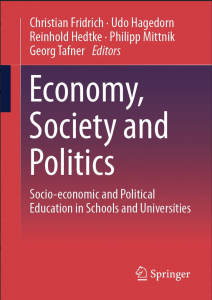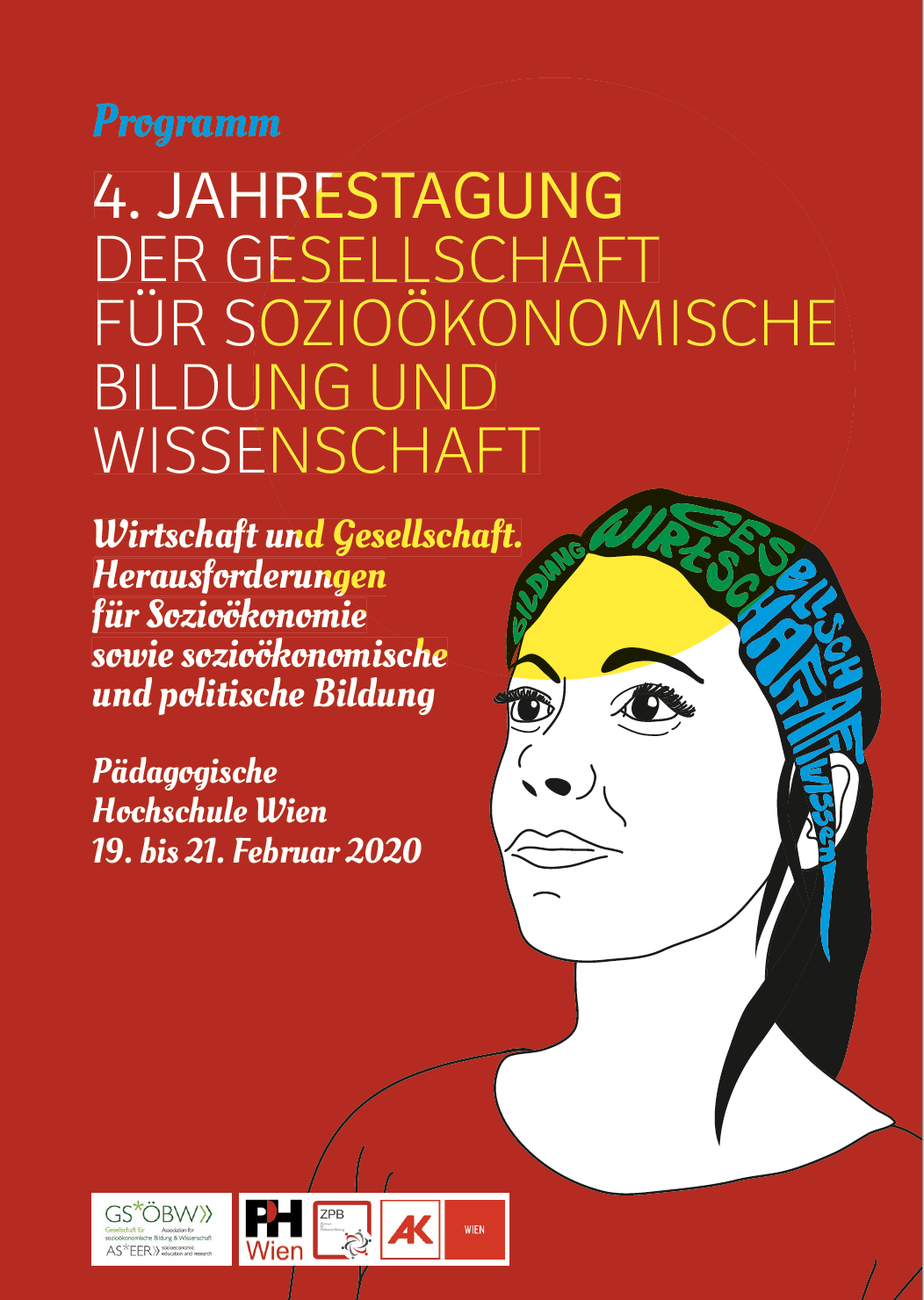Economy, society and politics: Socio-economic and political education in schools and universities, edited by Christian Fridrich, Udo Hagedorn, Reinhold Hedtke, Philipp Mittnik, Georg Tafner is a new English language edition of a book originally published in 2021, Wirtschaft, gesellschaf und politick: Sozioökonomische und politische bildung in schule und hochschule.
The interconnections of economy, society and politics so obviously determine socio-economic and political structures and problem situations, current ways of thinking and acting as well as the collective perception of solution options that their still low attention in university teaching and school education is surprising. Phenomena such as pandemics, climate change, migration or authoritarianism make the close, complex and contradictory connections between economy, society and politics tangible. Against this background, socioeconomic research, teaching and education are urgently needed.
The volume aims to contribute to this by presenting research contributions on problem complexes such as economy and democracy, perspectivity and multiperspectivity, situation, interest and politics, subject and subjectification, and discipline and curriculum.
The book originated from papers presented at a conference sponsored by the Association for Socio-Economic Education and Research [GSÖBW – Gesellschaft für Sozioökonomische Bildung und Wissenschaft] held at University College of Teacher Education Vienna [Pädagogische Hochschule Wien], Austria, in February 2020.
I was honoured to give one of the keynote talks at the GSÖBW in Vienna and my talk appears as one of the chapters in the new English edition (as well as the German edition).

